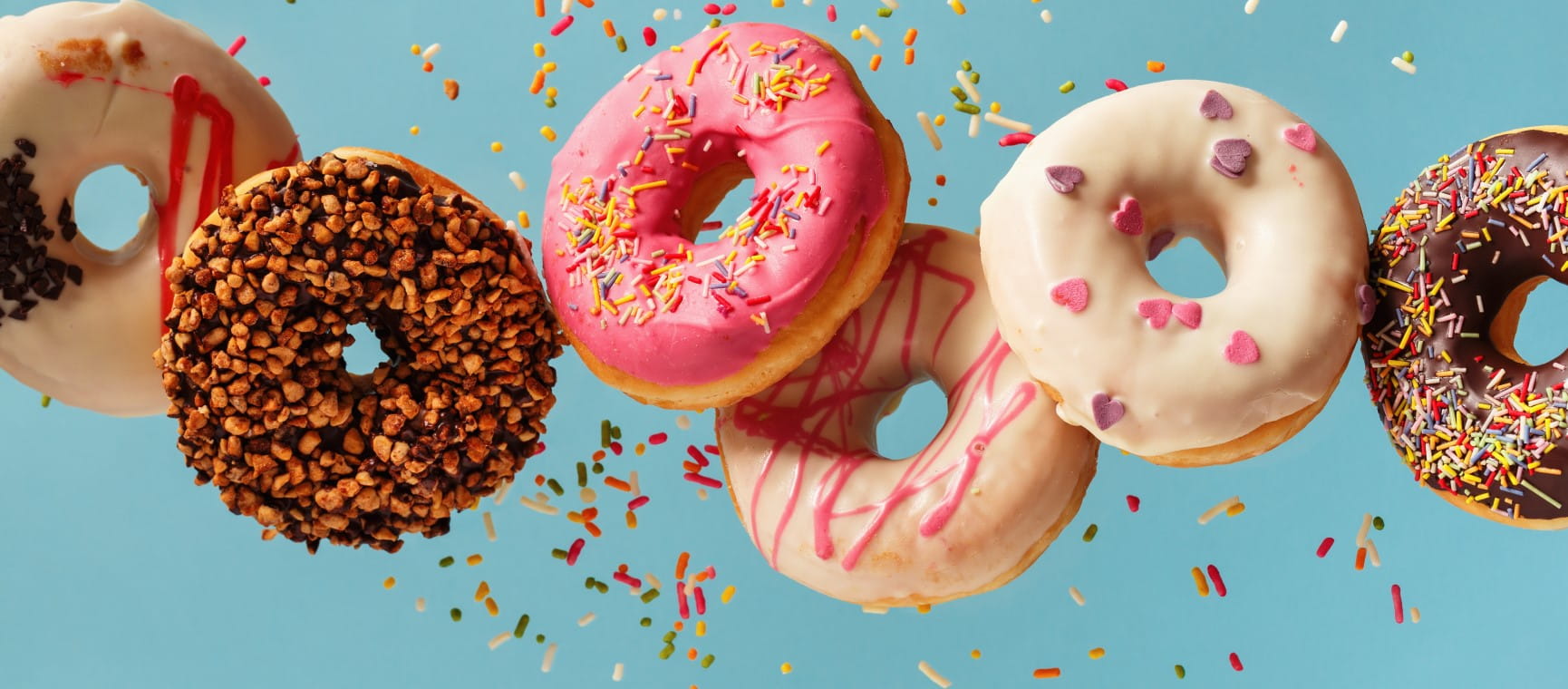
The average person in Britain consumes a whooping 19 teaspoons of sugar every day – double the recommended amount.
Many of us are trying to cut back, and sweeteners are an obvious solution. But it can be hard to know what’s best.
A 2024 Leeds University study could help dieters – participants eating sweeteners experienced slightly better weight maintenance than sugar-eaters, plus reduced cravings for sweet foods and improved mood, while it didn’t increase their risk of diabetes or heart disease.
However, other studies suggest possible health risks. In 2023, the World Health Organisation (WHO) linked sweeteners to an increased risk of Type 2 diabetes, heart disease and some cancers. But it acknowledged that more research was needed.
Sweeteners have also been linked to poor blood sugar control and increased cravings for sweet foods.
“Generally, people are better choosing more natural foods like honey, dates or bananas, and having them in smaller amounts,” says Dr Emily Porter, specialist dietitian at the Gut Health Clinic.
“However, some people find sweeteners helpful. If your diet is broadly healthy, I wouldn’t be too concerned about using them.”
Here, we investigate the pros and cons of the most popular sugar alternatives.
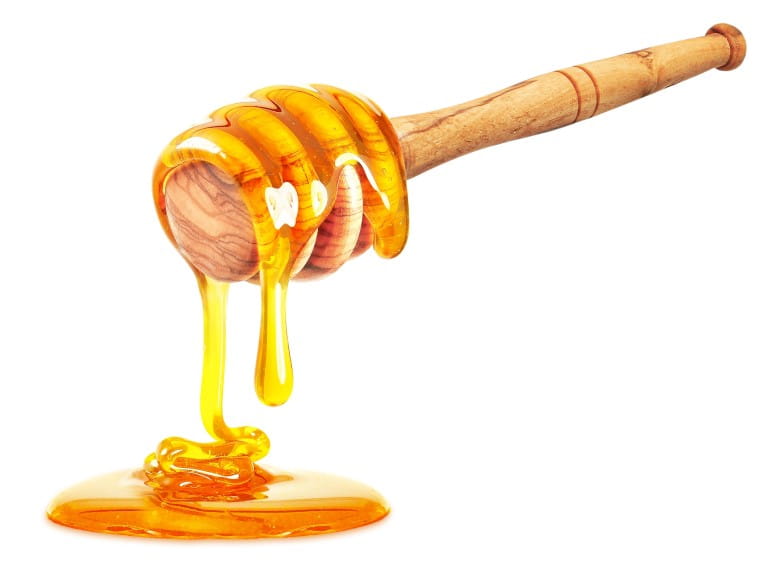
Natural sugars are still sugars: if consumed to excess, they have the same negative health effects, though most experts think that for those not on a diet they are a slightly better choice in small amounts.
“Honey, for example, has been used in traditional medicine as some types have natural antibiotic properties and contain antioxidants,” says dietitian Dr Emily Leeming, author of Genius Gut. “Maple syrup also contains antioxidants.”
Agave is derived from the agave plant and in Mexico was traditionally thought to have healing properties.
Stevia is extracted from the leaves of the stevia plant, which is native to South America. Xylitol is a natural sugar alcohol found in many plants. Both are found in sweets, soft drinks and baked goods.
Rob Hobson, nutritionist for Healthspan and author of Unprocess Your Life, says: “My go-to would be stevia as it’s the most natural. Xylitol and other polyols, such as sorbitol and erythritol, can have a laxative effect if consumed in large amounts.”
Sucralose is a chemical sweetener widely used in food products and as a sugar substitute in cooking and baking.
This artificial sweetener is made from two amino acids. It’s found in everything from diet drinks, juice and chewing gum to desserts, medicine and toothpaste.
Saccharin is an artificial chemical sweetener that has been used for more than 100 years. It has a long shelf life and is found in diet drinks, low-calorie sweets, biscuits and medicines.


Health insurance for people over 50 that provides a quicker route to diagnosis and planned medical treatment in a private facility.
Underwritten by Bupa Insurance Limited.

Subscribe to the award-winning Saga Magazine for just £9.95 and receive the next 6 issues, delivered direct to your door PLUS a free Great British Puzzle Book.
A bumper book packed with fun puzzles, from word and logic puzzles to relaxing dot-to-dots and spot the differences, all designed to take you on a unique and intriguing tour of our fascinating island.
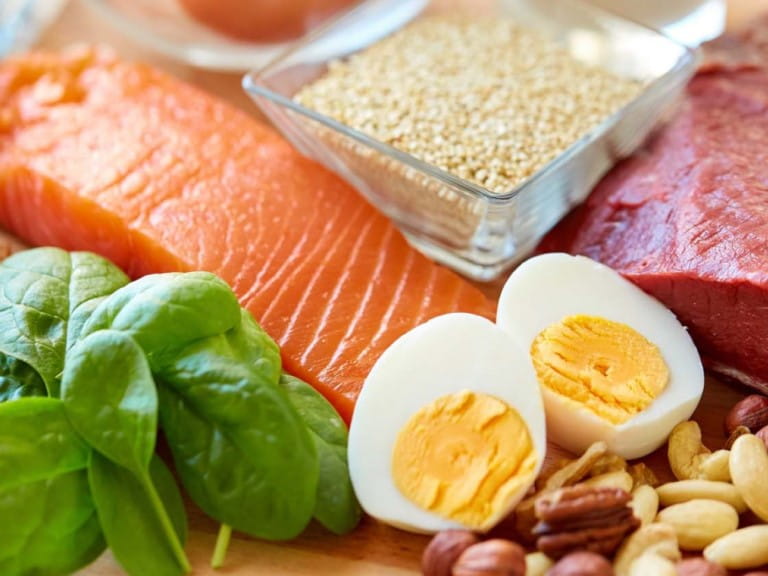
Everything you need to know about protein, from how it benefits your body to the best high-protein foods – and how much you really need.

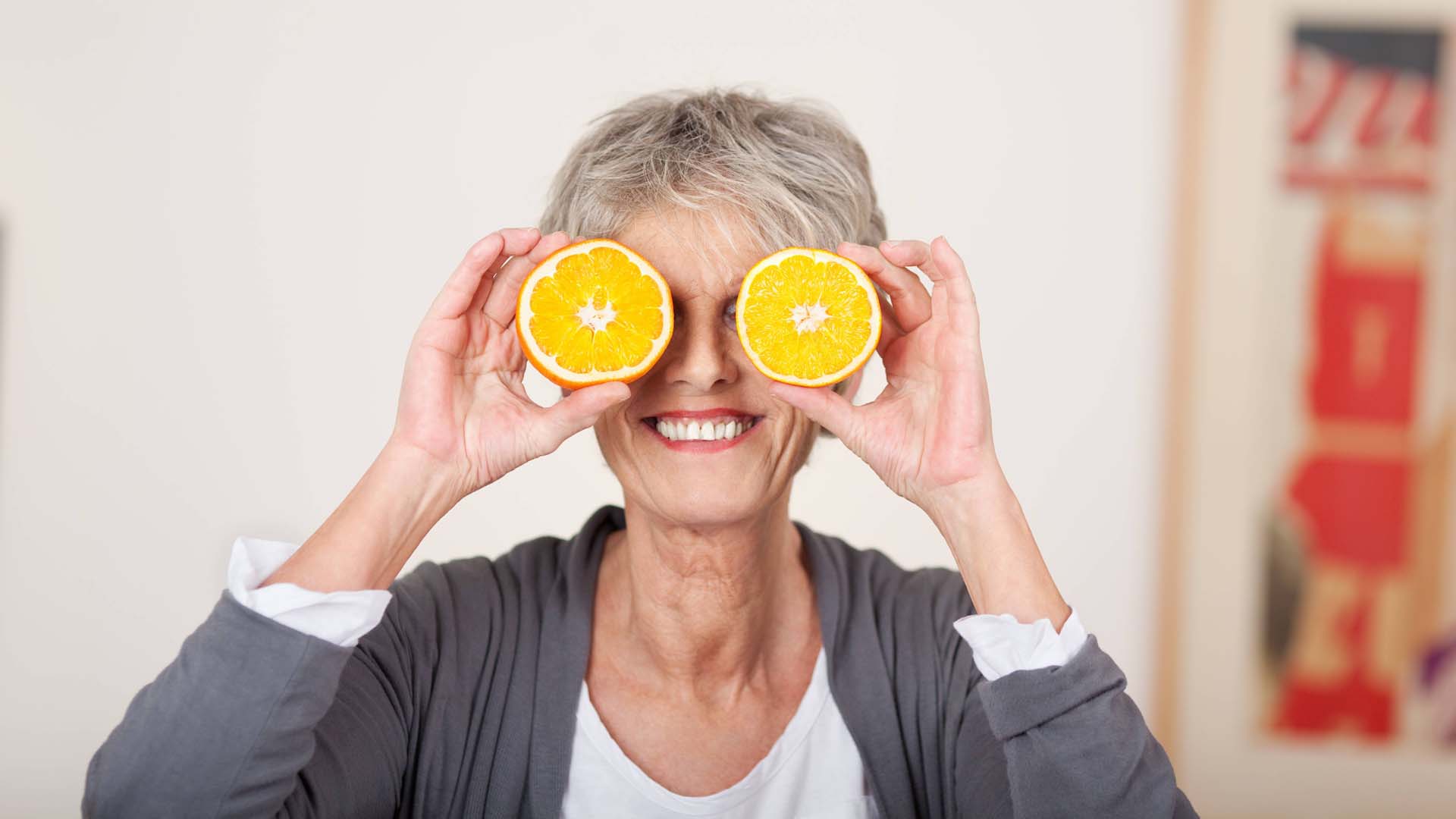
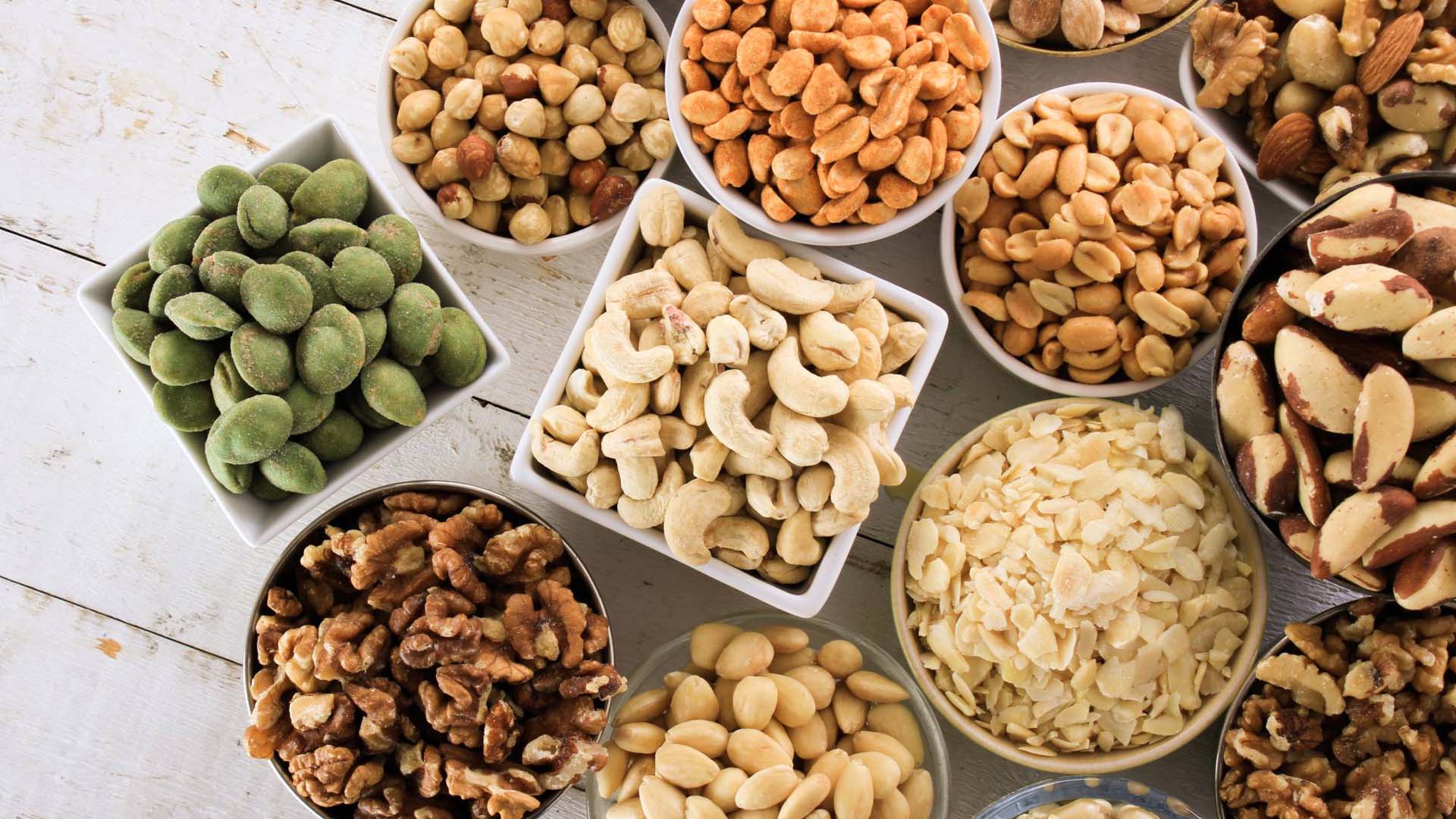
Let’s roast the myths! Not only are nuts less fattening than once feared, research shows they can cut the risk of heart disease too
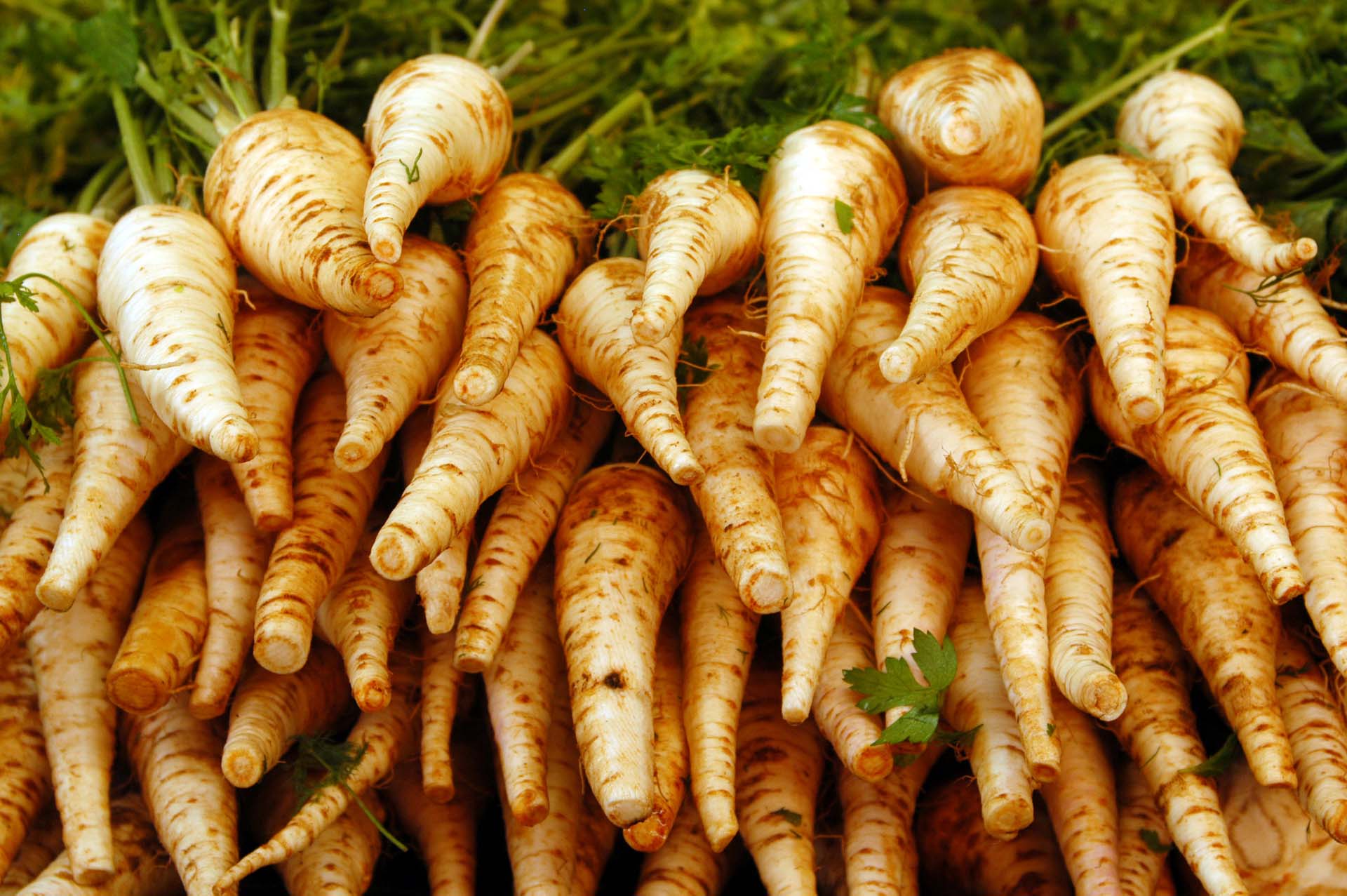
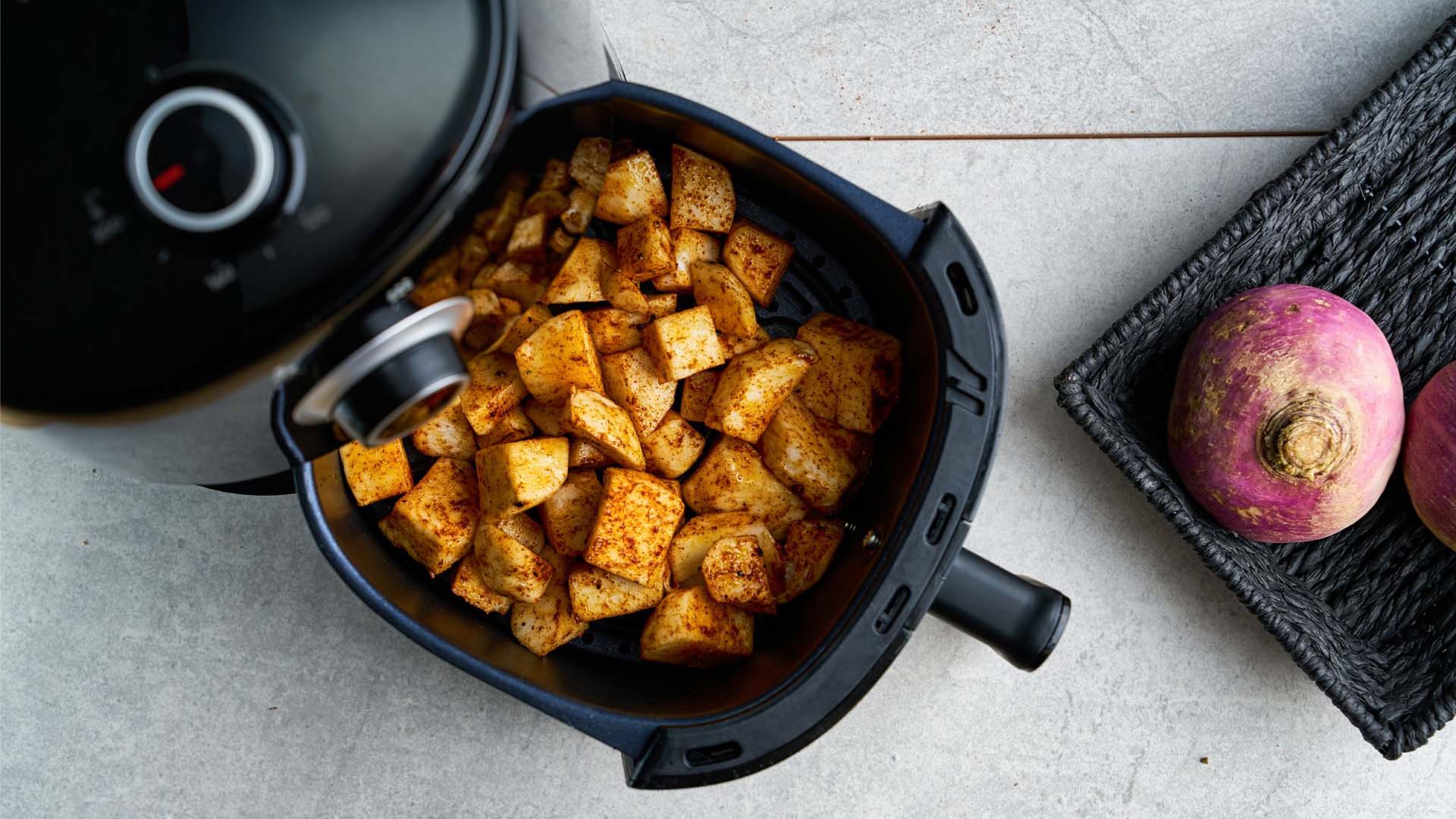
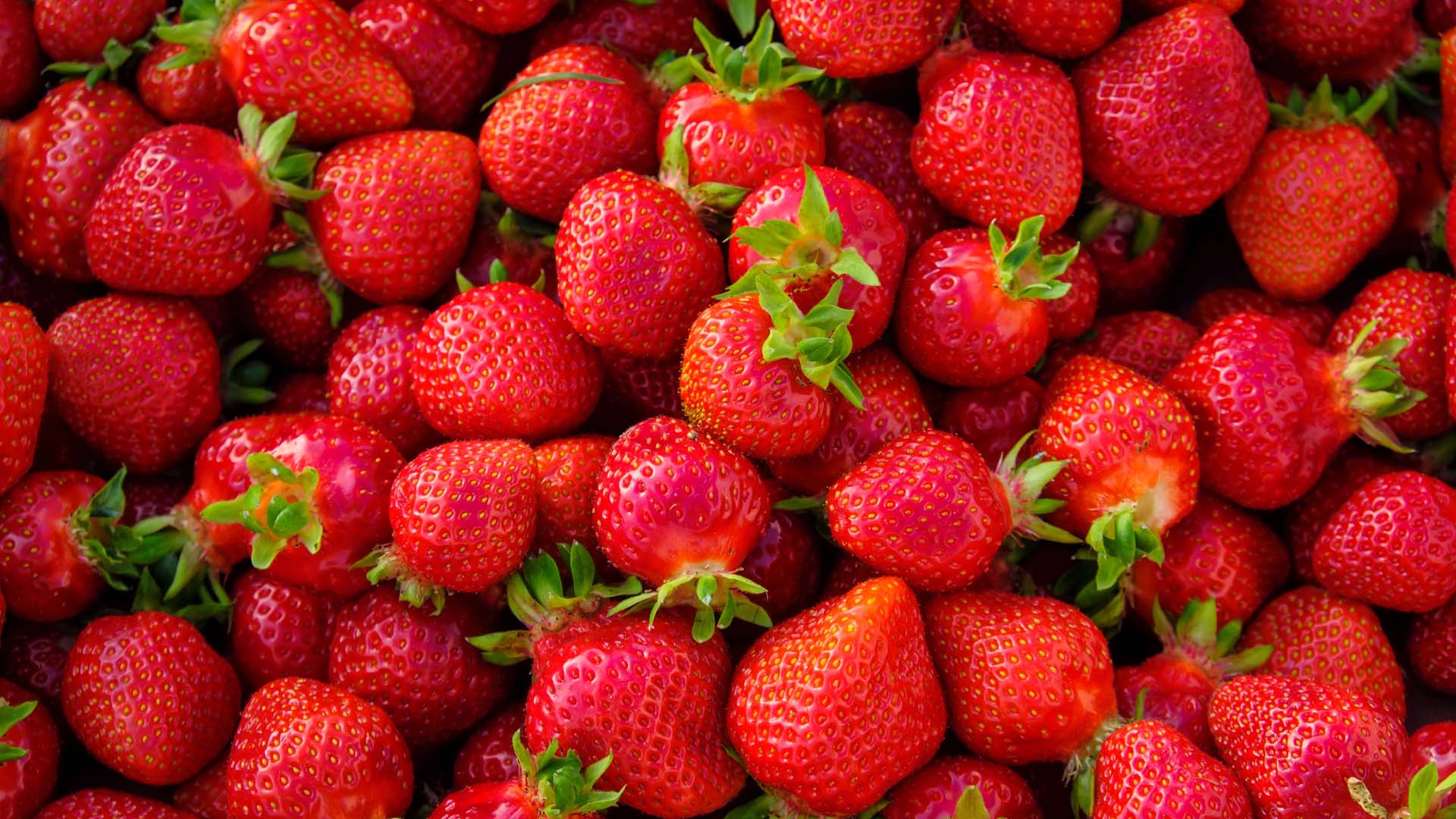
Strawberries don't just taste and look great, they are full of fibre, help your heart health and may even stave off dementia.
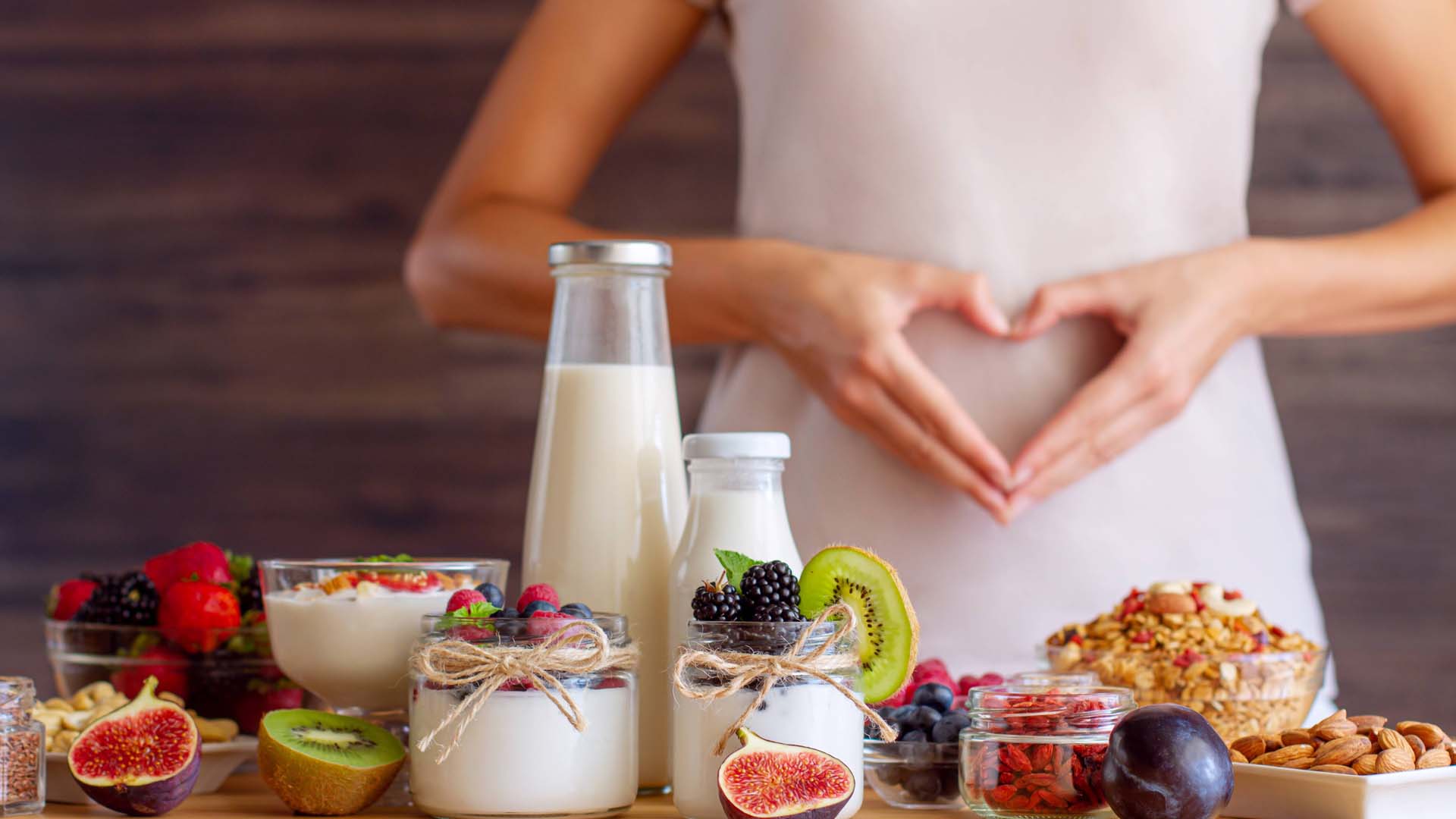
Looking after your gut health could be one of the biggest things that you can do for your overall health. Here are the best foods to keep your gut happy.
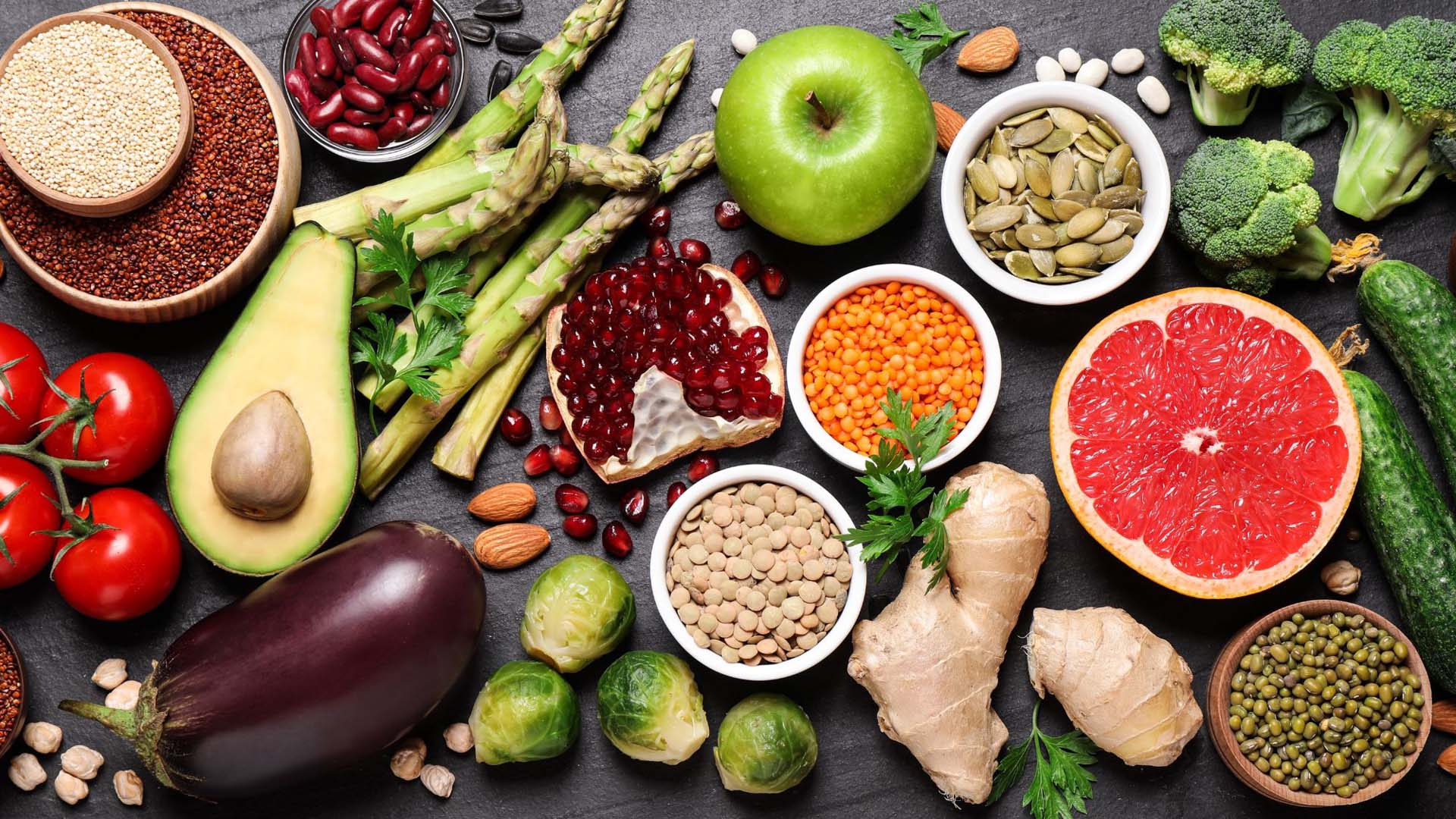
The foods that could help you live longer and protect against chronic illness.